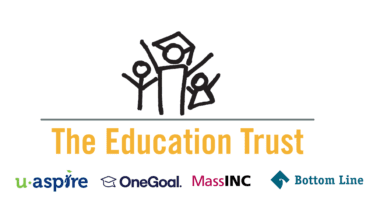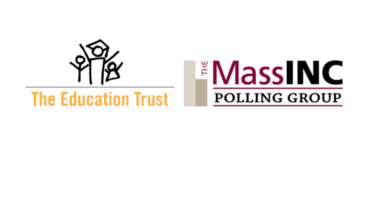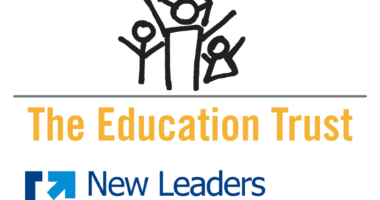Advocates call on Legislators and Healey-Driscoll Administration to act on Board of Higher Education recommendations and analysis
December 14, 2022
BOSTON – The Education Trust in Massachusetts, uAspire, OneGoal, Bottom Line, Jumpstart, and Journey into Education & Teaching issued the following statement regarding the Massachusetts Board of Higher Education’s (BHE) decision on the state’s public higher education financing system.
“As organizations committed to educational equity and racial and economic justice, we commend the Massachusetts Board of Higher Education for taking a significant step forward to promote educational equity. The board’s strategic review of public higher education financing is critical to better understanding the current state of higher education financing and how it impacts students in Massachusetts — especially students of color and students from low-income backgrounds. We are especially encouraged to see a number of improvements for students being endorsed, including more financial aid to students at Massachusetts public colleges and restructuring how the state funds public colleges and universities.
“BHE’s leadership is a strong start to lay the groundwork for the next phase of educational improvement in the state. However, it does not negate the urgent need for lawmakers to pass comprehensive legislation that equitably and adequately finances public higher education to ensure that first-generation, low-income, and underrepresented students have authentic access and necessary support to succeed at and graduate from college.
“Higher education has long been one of the main drivers of opportunity, social mobility, and economic progress in our society. But despite Massachusetts consistently being lauded as the most educated state in the nation for being home to the highest percentage of bachelor’s, graduate, and professional degree-holders, over the last two decades, the state has disinvested in public institutions and decreased state spending per full-time student.
“As a result of years of inadequate state funding, tuition and fees at our public colleges and universities have increased, and schools are becoming increasingly reliant on families’ payment of tuition and fees for revenue. This reality, coupled with inadequate grant aid, has left many students and parents no choice but to take on higher amounts of student debt. For many students from families earning less than $30,000 annually, Massachusetts public college attendance costs can amount to more than half of their family’s income — after grants and loans. In contrast, families earning more than $110,000 annually can expect to pay only a fifth or less of their annual income.
“Higher education once stood as a promised gateway to the middle class or the key to a better future, but today’s reality is grim. Unless the state makes significant changes to how we fund public higher education, tens of thousands of students will continue to face the difficult decision of postponing their degrees, taking on burdensome amounts of debt, and/or working part- or full-time to graduate. And research has shown us time and time again that students of color are amongst those most negatively impacted by student loans due to the ongoing effects of systemic racism, the inequitable distribution of wealth, and a stratified labor marker.
“To ensure the long-term health and vitality of our economy, communities, and civic society, Massachusetts must do dramatically better for students and families who have been underserved for far too long.
“We recognize that new leadership offers an opportunity to significantly impact students’ educational outcomes and lives for years to come. This is why we urge the Healey-Driscoll administration to address shortcomings in public higher education financing by ensuring that the increased funding from the recent passage of the Fair Share Amendment yields promising returns for students, their families, and the state.”



